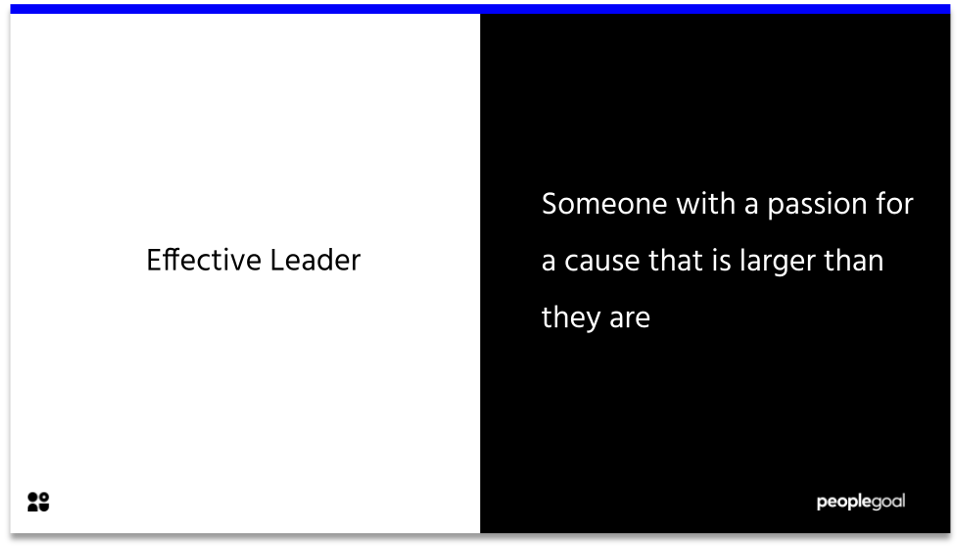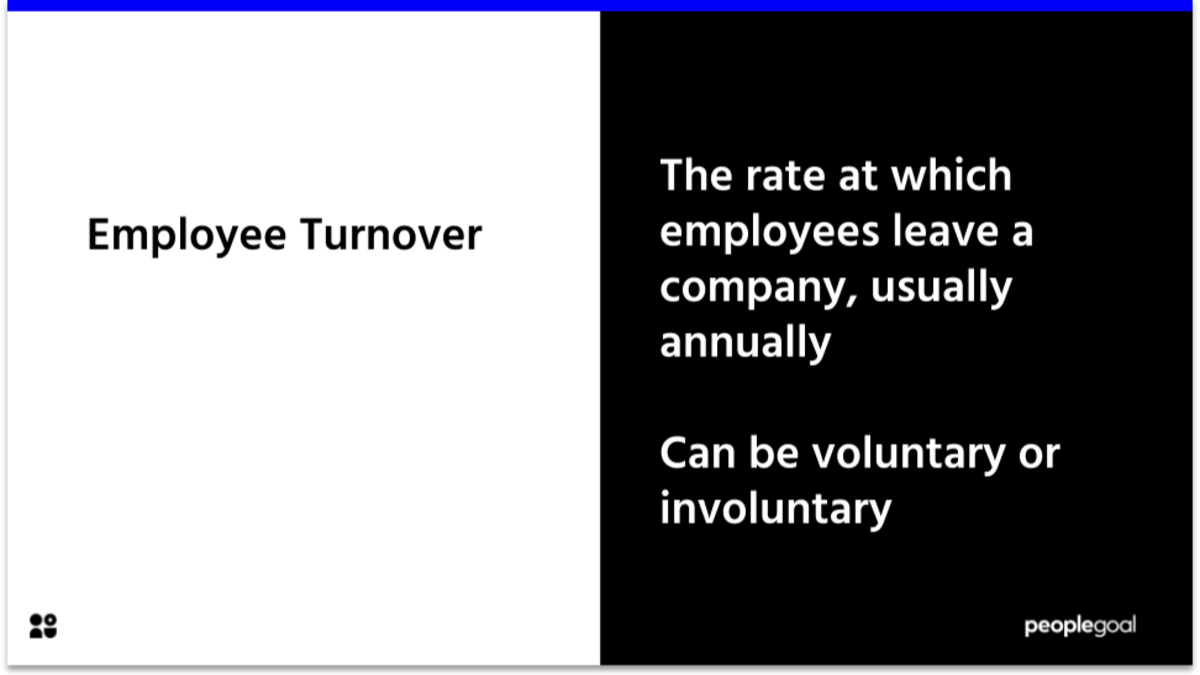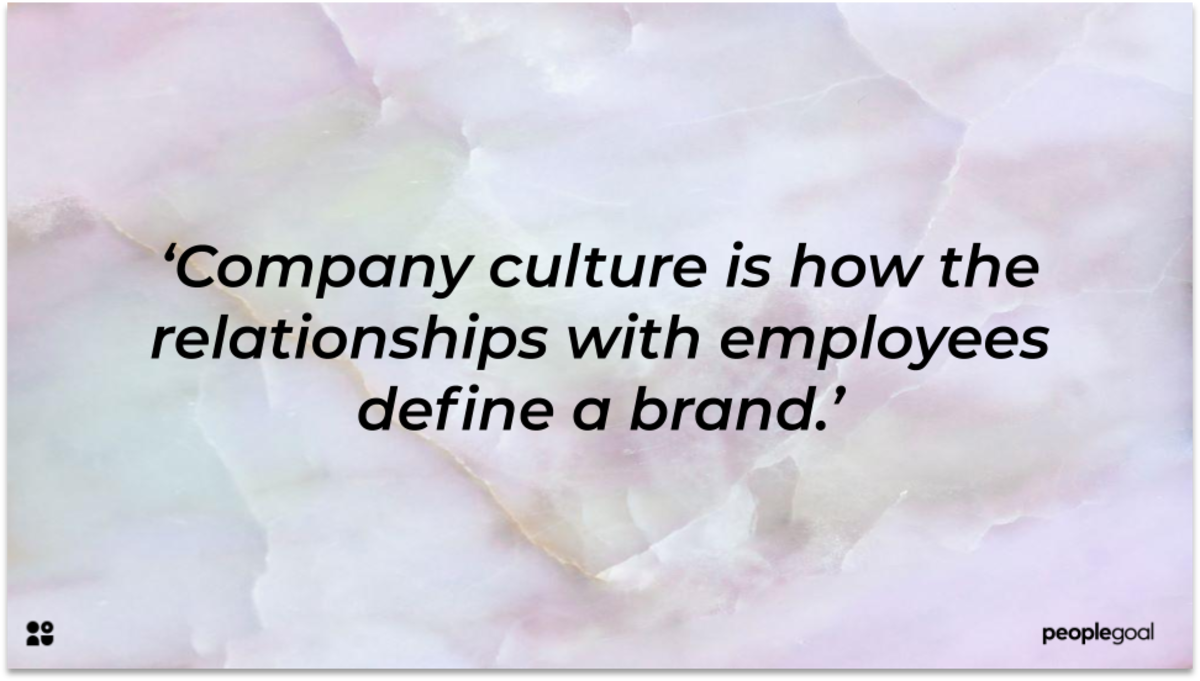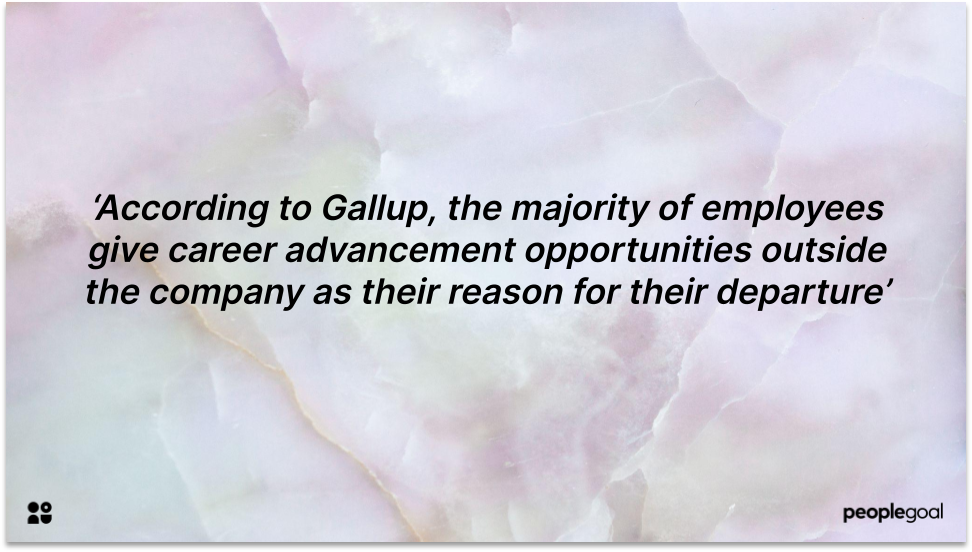Managerial skills can be defined as the capacity to perform manager duties in a company while handling crisis situations and solving problems on the fly. These skills can be developed through learning activities but also real-life experiences as a manager.
The Managerial “Trinity”
Using a theory to explain an idea or a concept is always a good starting point. In this article, we’ll use Robert Katz’s (American social and organizational psychologist) three basic types of management skills to draw practical conclusions around essential managerial skills.

1. Technical Skills
Of the three skill sets identified by Katz, technical skills are most easily defined. A technical skill is a learned capacity in just about any given field of work – i.e. what we call in the business enviroment “hard skills”.
For example, a hard skill for a Software Engineer is defined as the ability to write clean and testable code. However, a hard skill for a Software Team Leader has a different interpretation. The Software Team Leader not only needs to know how to write code but also have a broader working understanding of how to maintain high standards of software quality within the team and establish development principles while delivering solutions on-time and on-budget. Consequently, technical skills for managers require a complex set of communicative and technological skills in order to optimize their managerial performance.
Below we mention some examples of technical skills:
👉 Subject-matter-expert: have a deep understanding and expertise and act as the “go-to” person for advice
👉 Perspicuous: simplify complicated concepts so that other people, with less knowledge, can understand and make better decisions based upon that understanding
👉 Tech-Savvy: remain updated at all times about new technical developments and also use new knowledge to gain technological advantage
2. Conceptual Skills
Conceptual skills are “big picture thinking” skills. Conceptual skills help avoid the pitfall of not “seeing the forest for the trees”, as the saying goes. Managers who have these skills understand how different moving parts work, enabling them to consider abstract concepts, connect the dots and finally identify relationships between the pieces of the company, think creatively and get ahead of problems.
Having strong conceptual skills is paramount to being a manager as you need to construct the work of others. Managers need to ensure that their teams are working together to achieve overarching company goals, and in order to do that, they must recognize the bigger picture and break it down into bite-sized pieces for their team members.
Below we mention some examples of conceptual skills:
👉 Deductive Thinker: start off with a conclusion and then sort out the evidence to support that conclusion in a fast, organized and effective way
👉 Open-minded: break out of normal thinking patterns to find innovative ideas. See things from a different perspective or how things can be applied in novel ways
👉 Decision Maker: make challenging decisions by analysing and interpreting fast multi-dimensional information and defining a course of action
3. People Skills
People value trust, good communication, honesty and integrity and therefore managers should possess these qualtiies to be successfull in their job. People skills come down to how people interact with each other and they are non-technical in nature – therefore, you can’t be a manager, if you can’t manage effectively interactions with people. A wise people manager can boost productivity, engagement and motivation through inclusive dialogues, trust and genuine care in others.
Life as a manager is challenging, and what works in one team, or with one individual, hardly applies to all. Managers need to forge deeper connections and understand the different dynamics and motivators of individuals.
Below we mention some examples of people skills:
👉 Excellent Communicator: listen carefully, ask the right questions to get to the root of every matter, effectively conveys messages, while establishing confidence even in difficult situations
👉 Empathetic: identify and recognize the emotions of others. Strongly believe that to succeed on any level, they have to show empathy for the people who are working with
👉 Inspirational: knows the way, goes the way, and shows the way. Inspire others to dream more, learn more, do more, and become more.
Finnaly, Katz suggests that the higher up someones gets in the company ladder, the more conceptual skills and fewer technical skills are necessary. Senior managers need fewer technical skills because strategic decision-making is naturally more conceptual. By all means, all management levels require a broad range of skill set for effective business processes to occur.
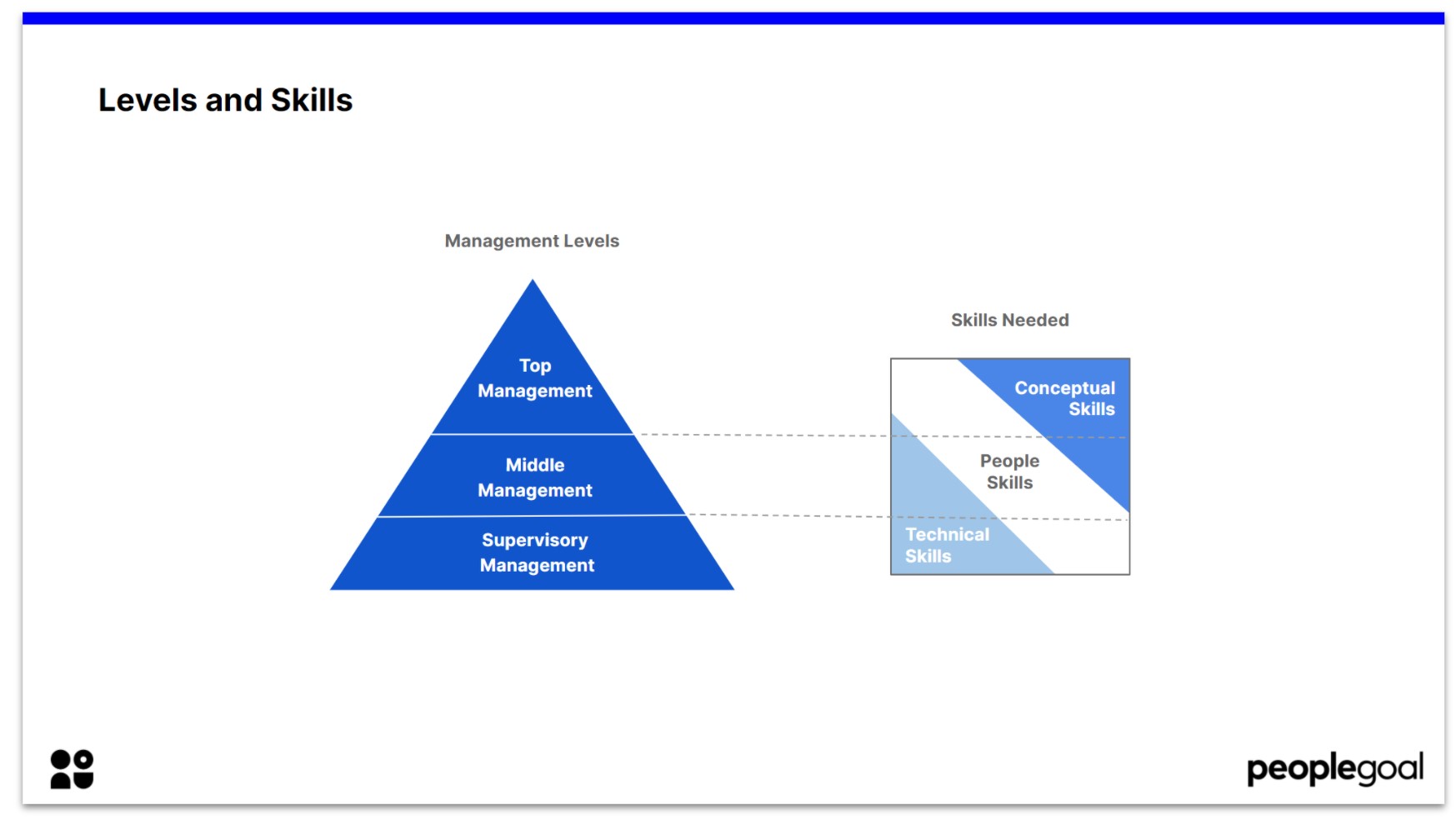
You can review what we have discussed and see how these concepts can apply in your company when recruiting new managers and when evaluating their performance and development.
Ready to 3x Your Teams' Performance?
Use the best performance management software to align goals, track progress, and boost employee engagement.

